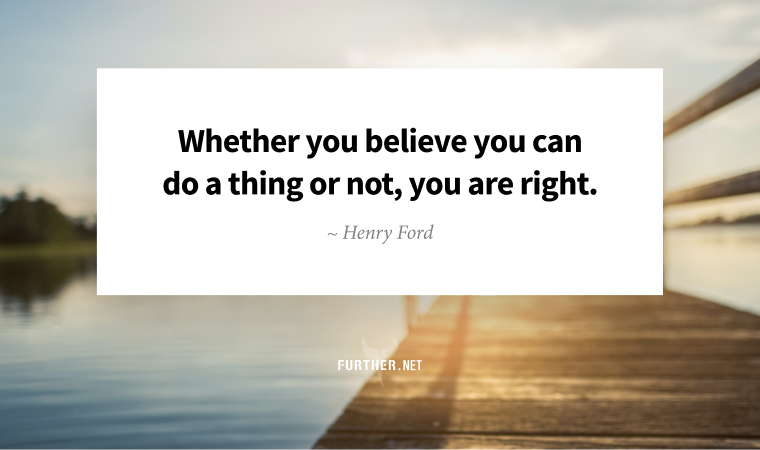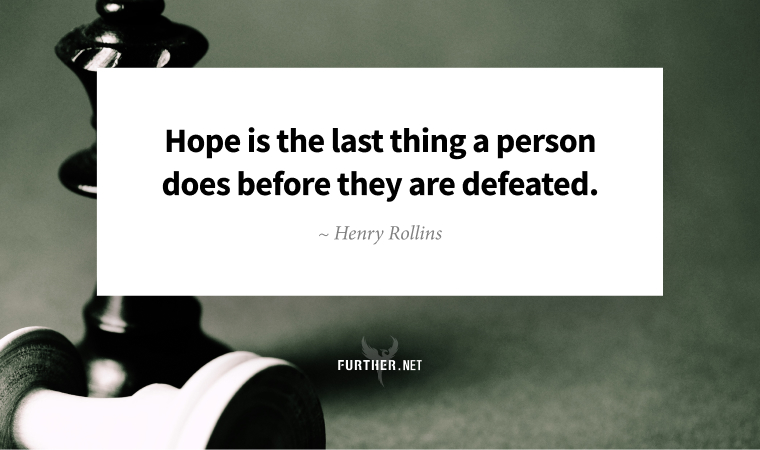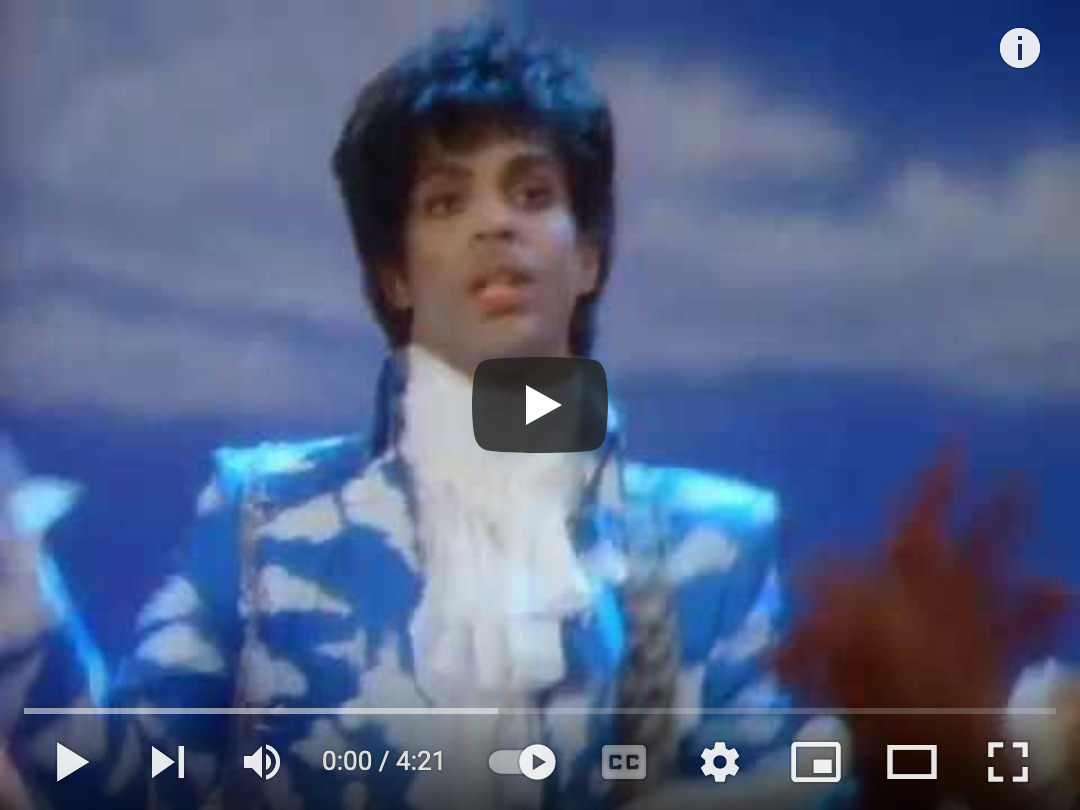
Back in the 1950s, a bedridden man faced certain death from cancer of the lymph nodes. Tumors the size of oranges had invaded the man’s neck, groin, chest, and abdomen.
The prognosis was certainly grim. The only long shot hope was a new experimental cancer drug called Krebiozen.
Three days after initial treatment, the man was out of bed and joking with nurses. As treatment continued, his tumors shrunk in half.
Ten more days later, he was discharged from the hospital — the cancer was gone. Strangely enough, none of the other cancer patients treated with Krebiozen showed any improvement.
Stranger still, a few years later it was conclusively determined that Krebiozen had no therapeutic value whatsoever. The treatment was an unintentional sham.
This is one of the more amazing examples of what’s known as the placebo effect. Almost as interesting is the nocebo effect, where you experience the side effects of a medication you only think you’re taking.
In either case, your mind impacts your physical body. And these symptoms are not simply “imagined,” but are instead the result of measurable physiological changes involving shifts in our hormones and neurotransmitters.
Believe it or Not
This brings us to the quote up top attributed to Henry Ford. It sounds like the type of stupefying cliché you might hear at a self-help seminar in a dimly-lit Holiday Inn banquet room, but it’s a real thing.
“Whether you believe you can do a thing or not, you’re right,” is a succinct summation of the Galatea effect, otherwise known as a self-fulfilling prophecy:
The Galatea effect suggests that when we believe in our abilities to achieve a goal, the more likely we’ll be to achieve it. However, when we don’t believe in our capabilities, the more likely we’ll be to not achieve results. Our success depends on our conviction that we can achieve our goals.
One of the most recognizable instances of the Galatea effect is the difference between a fixed and growth mindset. The only difference between a fixed mindset that keeps you stagnant, and a growth mindset that allows you to flourish in ways you might never have imagined, is the authentic belief that growth and change are possible.
Belief — that’s it, and sometimes that’s everything.
It’s No Secret
Phenomenon like these may sound like validation for various New Age self-help concepts, such as the massively best selling book The Secret. Unfortunately, the “law of attraction” is pure pseudoscience.
Also, simplistic positive thinking doesn’t work as advertised either. Scientific research continues to show that simply denying the difficulties of a situation will only lead to worse outcomes.
So what makes the difference between wishful thinking and the true power of belief?
The psychological term behind the Galatea effect is self-efficacy, which means the extent or strength of your belief in your own ability to do a particular thing. In other words, belief + action is the only secret formula you need.
When you’re pushing yourself further, you need some form of realistic plan that creates true confidence that the goal is attainable. By laying the right groundwork and taking small steps in the right direction, you’ll find that you’ll start to believe that you can do it — and so you do.
Further Reading:
The Expectation Effect: How Your Mindset Can Change Your World (Amazon)
Keep going-
P.S. Today’s the day for the Well + Wealthy meditation seminar from Trudi Roth & Diana Charkalis. Join us at 3pm ET / Noon Pacific by joining the Well + Wealthy community!
Gonna Make You Sweat
Relaxing in a sauna can help you lose some weight — but it’s not a miracle weight loss solution. That’s because losing weight from a sauna session is likely more short-lived than a viral TikTok video.
Do Saunas Really Help You Lose Weight? (Greatist)
Hip to Be Sober
There are plenty of good reasons to avoid alcohol thanks to the nature of the substance itself and its effects on the body and mind. But the latest reason seems to be because it’s hip and trendy to do so. Whatever works.
The End of Alcohol (Wired)
Virtually Fit
Yes, virtual reality fitness apps are the real deal and we’ll all likely use them at some point. But no, I’m not using a Facebook VR headset ever. When Apple releases it’s long-awaited gear later this year, well … I’ll take a look.
Let’s Get Meta-physical: Why Oculus Fitness Actually Works (Washington Post)
The Dagwood Dilemma
As a Further reader, you know many of us qualify as members of the “sandwich generation” that has family obligations in both directions. Or more likely, you know it because you’re living it.
Meet the ‘Sandwich Generation’: Financially Strapped Gen Xers Helping Out Both Their Parents and Their Children (Business Insider)
Retirement Reality
Somewhere, Winona Ryder and Ethan Hawke are eye rolling hard at this NYT headline. More importantly, any time a major media publication covers retirement for people our age and doesn’t mention the advanced longevity issue, I question the knowledge and basic research skills of the journalist.
For Gen X, Retirement Bites (New York Times)
What’s Good About Giving Up Hope

By Trudi Roth
It’s hard not to feel hopeless nowadays. From the war in Ukraine to the devastating impact of the pandemic, climate change, and political and economic turmoil, things seem bleak.
So hoping for things to get better seems sensible. After all, hope helps power inspired action. And research shows hopefulness, unlike blind optimism, can be an action-oriented path to improving your health, relationships, and outcomes.
But there’s also a dark side of hope. Stubbornly stuck in a future-facing state, today’s suffering is ignored. Opportunities for evolution are put on hold. And today’s expectations-laden hopes can swiftly become tomorrow’s resentments.
Sometimes clinging to hope can feel like your only lifeline. But the truth is you might find what you need quicker and perhaps easier by letting it go.
Hope Not
In Buddhist nun Pema Chödrön’s seminal work on handling hardship, When Things Fall Apart: Heart Advice for Difficult Times, she eloquently articulates the downside of hope.
We hold onto hope and it robs us of the present moment. If hope and fear are two different sides of the same coin, so are hopelessness and confidence. If we’re willing to give up hope that insecurity and pain can be exterminated, then we can have the courage to relax with the groundlessness of our situation.
While Chödrön is speaking of a spiritual path, research also supports the idea that being overly reliant on hope robs us of the opportunity to start anew.
While there is some evidence it correlates with health, the correlation is weaker than you might think, suggesting that moderate hope may be better than high levels of hope. And, like most human characteristics that are complex and evolving, a single-minded view could prevent us from seeing the upside to giving up hope.
In other words, there is promise in hopelessness that’s well worth considering to make a better go of things today vs. hoping things will change tomorrow.
Dash Your Hopes
Ironically, hopefulness and hopelessness have a potent motivator in common: faith.
Passive hope can rob us of the present moment and a better future. Hope can keep us in that victim place if we just hold hope rather than live into an active expression of it. If we let go of hope in one area, we must trust that something new will come once we set our expectations free.
Ditching hopefulness means embracing reality, learning to live with grief and discomfort, and dropping the illusion of control. Releasing what might be and confronting what is can be a potent catalyst for change — and a fresh start. If you ask me, you can’t hope for anything better than that.
The Benefits of Giving Up Hope (Psychology Today)
further: flashback
 Prince & The Revolution – Raspberry Beret
Prince & The Revolution – Raspberry BeretAround the World in a Day, 1985
The intro to Raspberry Beret in the song’s video is so much funkier than the radio version (plus Prince’s intentional cough). And don’t miss future Nirvana and Foo Fighters guitarist Pat Smear sitting near the piano. (YouTube)
further: sharing

Further subscribers can share Further with friends to gain access to our exclusive membership community Well + Wealthy. Get your own free weekly dose of health, wealth, travel, and happiness advice here, and find out all the details on our referral program.
Thank you for sharing Further!
